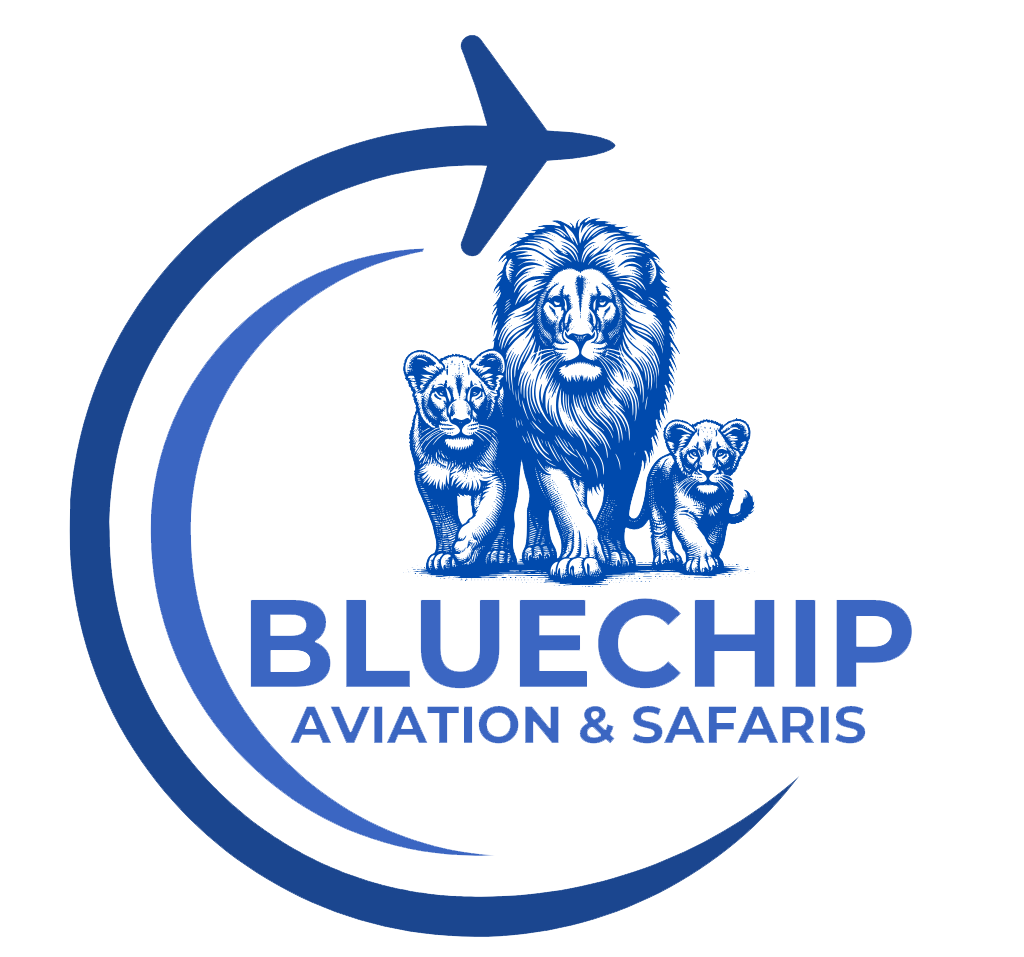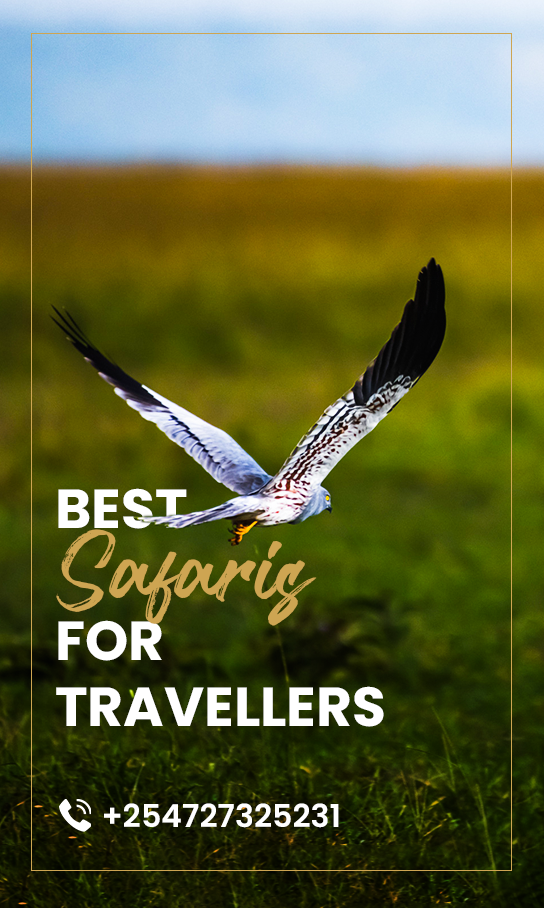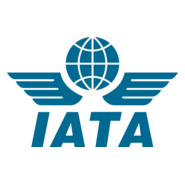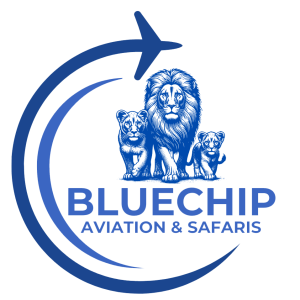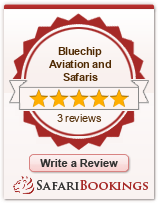
OVerview
Rwanda, often referred to as the “Land of a Thousand Hills,” is a beautiful and unique travel destination in East Africa. With its stunning landscapes, diverse wildlife, and rich culture, Rwanda offers an unforgettable experience. Here are answers to frequently asked questions to help you plan your visit to this remarkable country.
Lake Manyara National Park
Lake Manyara National Park well known for the tree climbing lions, the soda ash lake that attracts thousands and pink flamingos, one of Tanzania’s biggest elephant population and breathtaking scenery!
Located in the northern part of Tanzania, Lake Manyara National Park is 126 kilometers west of Arusha Town. The park covers an area of 330 sq km / 125 sq mile including a lake surface of 230 sq km / 89 sq miles
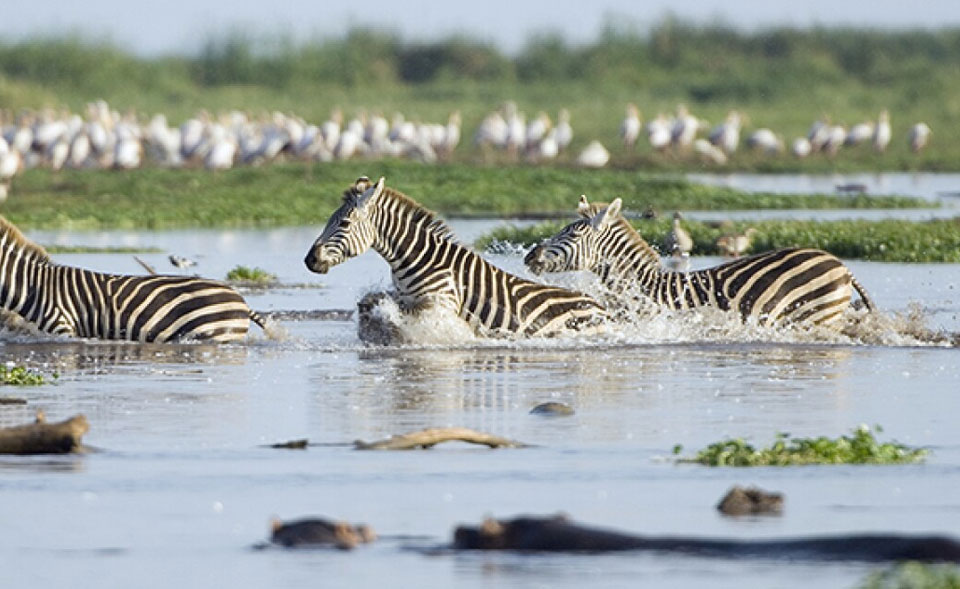
Lake Manyara has a big number of elephants, so many giraffes; zebras, wildebeests, impalas, waterbucks, and warthogs, the less-known shy Kik’s dik dik as well as the Klipspringer that dwell along the ramps of the escarpment. Leopards are hosted within the scattered forests and escarpment, while the healthy population of lions that are widely known for their unique tree climbing capability. In addition, you will not fail to notice the very large number of baboons in this park which can live in sizeable troops of up to 200 members.
There are a number of fascinating tourist attractions that can be explored and a number of activities such as bird watching, game drives, visit maasai bombas.
Location
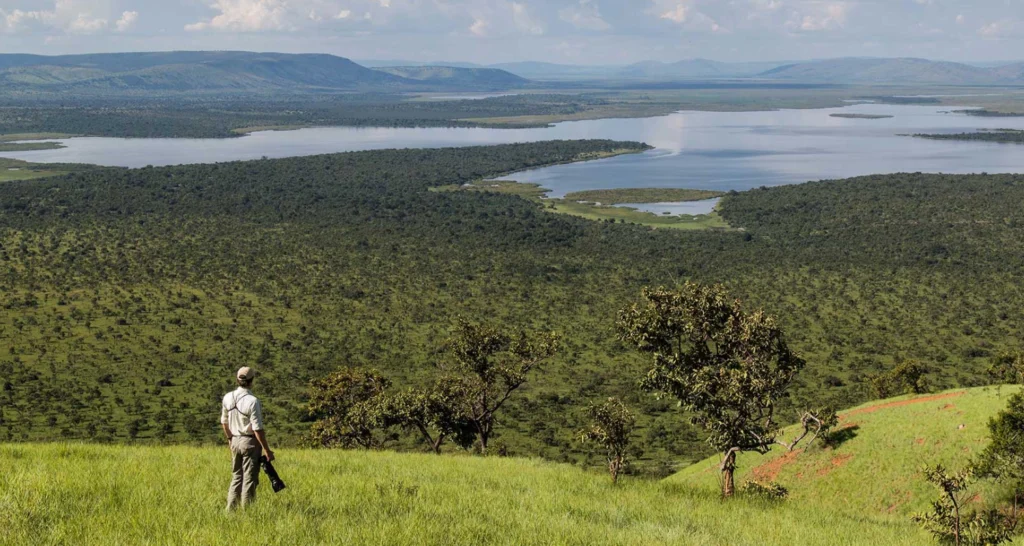
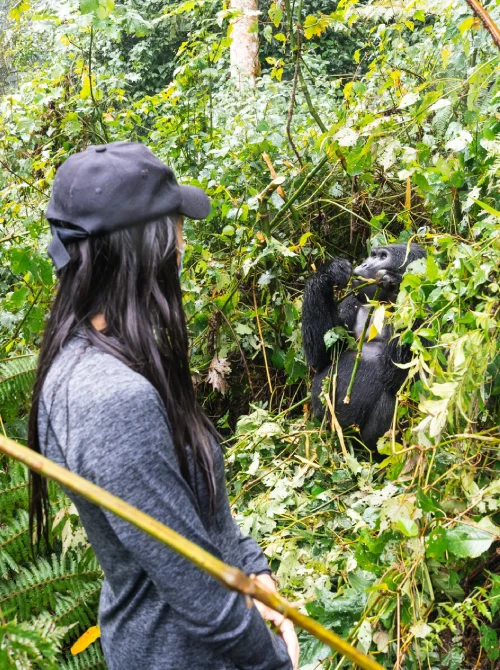
Yes, most travellers require a visa to enter Rwanda. However, nationals of East African Community (EAC) countries, such as Kenya, Uganda, and Tanzania, do not need a visa. Many travellers can obtain a visa on arrival, but it’s recommended to apply for an e-visa online for convenience before your arrival. The visa is valid for 30 days, and you will need a passport with at least six months of validity remaining.
Travellers are generally required to have a Yellow Fever vaccination certificate upon arrival in Rwanda. Other recommended vaccinations include Hepatitis A, Hepatitis B, Typhoid, and Polio. If you plan to visit national parks or remote areas, you may also need malaria prophylaxis. It’s best to consult a healthcare provider or travel clinic before your trip to ensure you are up-to-date on vaccinations.
Yes, Rwanda is considered one of the safest countries in Africa for tourists. The country is known for its political stability, low crime rate, and welcoming locals. Visitors should still follow common travel precautions, such as avoiding walking alone at night in urban areas and safeguarding personal belongings. As always, it’s wise to stay updated on travel advisories and check with local authorities about the safety of particular regions.
The best time to visit Rwanda is during the dry seasons, which run from June to September and from December to February. These months offer the most favourable conditions for wildlife viewing and gorilla trekking in Volcanoes National Park. The wet seasons (March to May and October to November) can make travel more difficult, but they are great for birdwatching, as many migratory birds are present, and the scenery is lush and green.
The official currency of Rwanda is the Rwandan Franc (RWF). Credit cards are widely accepted at hotels, restaurants, and tour operators in Kigali and other urban areas. However, it’s advisable to carry some local currency for use in smaller towns and rural areas. ATMs are available in major cities, and you can exchange foreign currency at banks or authorized exchange bureaus.
The official languages of Rwanda are Kinyarwanda, French, and English. Kinyarwanda is the most widely spoken language, particularly in rural areas. French and English are common in Kigali and among government officials, but Kinyarwanda is still the dominant language for daily life. While many Rwandans speak English in tourist areas, learning a few basic phrases in Kinyarwanda can enhance your travel experience and endear you to locals.
Rwanda has an efficient and well-developed transportation system. In urban areas, you can use taxis, motorcycle taxis (known as “motos”), or public minivans (called “matatus”). For longer distances, there are buses that connect major cities, but for more comfort and flexibility, many tourists opt for private car hire with a driver. If you’re visiting national parks or remote regions, most safari companies offer organized transport.
Rwandan cuisine is based on fresh, local ingredients. Staples include rice, maize, beans, sweet potatoes, plantains (known locally as “ibihaza”), and cassava. Meat options, such as goat, beef, and chicken, are commonly served with a variety of vegetables. One of the most popular dishes is “ugali,” a maize-based dish similar to polenta. In larger cities, international restaurants are available, offering a variety of cuisines such as Indian, Italian, and Chinese.
Rwanda is known for its breathtaking landscapes, which include lush hills, lakes, and forests. Key attractions include:
- Volcanoes National Park: Famous for mountain gorilla trekking, this park is home to the endangered gorillas and offers an unforgettable wildlife experience.
- Nyungwe Forest National Park: A biodiversity hotspot, known for its lush rainforests and primates, including chimpanzees and colobus monkeys.
- Akagera National Park: A savannah park with an abundance of wildlife, including elephants, lions, and zebras, ideal for safaris.
- Lake Kivu: A serene lake surrounded by mountains, perfect for relaxation, water sports, and enjoying the local village life.
Tipping is not mandatory in Rwanda, but it is appreciated for good service. In restaurants, a tip of 10% is common, but this may already be included in the bill. For safari guides and hotel staff, a tip of about $10 per day is recommended. Porters and housekeeping staff also appreciate small tips for their services.
